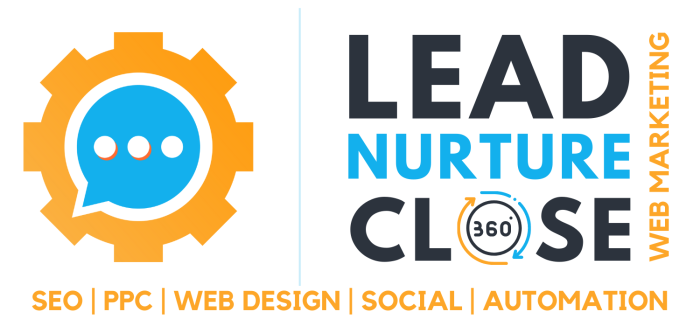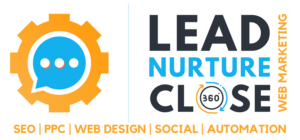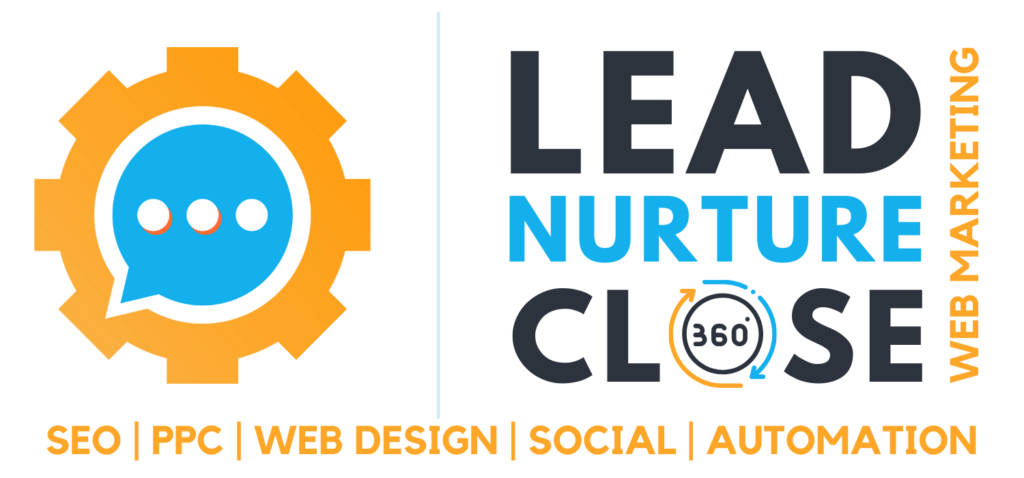While email marketing is an essential tool for many businesses, there’s been a steady increase in consumer anxiety regarding their personal information. Today, with data breaches and privacy concerns making headlines, it’s crucial for email marketers to adopt ethical practices that respect people’s privacy. Every business — and anyone involved in email marketing — should familiarize themselves with the key principles of ethical email marketing and commit to using this communication channel responsibly.
Understanding Privacy-Conscious Consumers
According to a study conducted by the Harris Poll on behalf of Norton LifeLock, 92 percent of consumers have expressed concerns about data privacy (1). In the same study, only 43 percent of consumers believed that companies were doing enough regarding data privacy and protecting personal information.
Clearly, businesses and organizations need to take additional measures to reassure consumers, especially given the rising awareness of high-profile data breaches. In the year 2022 alone, there were over 1,800 data compromises in the United States, affecting more than 422 million individuals (2), so it’s understandable why many people are still anxious about sharing their private information. This is precisely why businesses using email marketing should acknowledge these concerns and be open with their audience about what they’re doing to address this.
Privacy-conscious consumers — who represent a growing number of the population — are more likely to engage with your emails if they know you’re taking appropriate steps to respect their privacy. Obviously, they prioritize protecting their personal information, but they’re also wary of unsolicited communication. They value transparency, control, and consent. By understanding all these concerns, you can tailor your email marketing strategies to respect their boundaries and gain their trust.
The Impact of Privacy Concerns on Email Marketing
Consumers are becoming more cautious about sharing their email addresses and are increasingly selective about the businesses and emails they choose to engage with.
In a consumer privacy survey conducted by Cisco in 2022, 76 percent of respondents said they wouldn’t purchase from a company they don’t trust with their data. The majority — 81 percent — also agreed that an organization’s treatment of personal data shows how it views and respects its customers (3).
According to Akamai Technologies, 39 percent of consumers are likely to walk away from a company that requires them to provide highly personal data (4).
Respecting consumer privacy is vital as it directly impacts trust and purchasing decisions. By prioritizing privacy and ethical practices, businesses can foster positive relationships, gain customer confidence, and differentiate themselves in a competitive marketplace.
Key Principles of Ethical Email Marketing
Obtaining consent is key to building trust with subscribers. By using permission-based marketing practices, you can ensure that subscribers willingly provide consent and understand their subscription terms. This gives people control over their email preferences and allows them to make informed decisions about their data.
Adjusting email frequency and content is also important for respecting subscriber privacy. By letting subscribers personalize their email experience, you show that you value individual preferences. This also means you can deliver relevant content tailored to their interests and reduce unwanted emails. Providing clear unsubscribe links also shows you respect subscribers’ choices.
It’s also extremely important to have strong security measures in place when handling data. Using powerful encryption and protection methods, you can ensure that subscriber data remains safe and is not accessed or breached by unauthorized individuals. Regular assessments and updates should be conducted to comply with data protection regulations and reduce any risks that may arise.
Finally, make sure you’re complying with regulations like GDPR and CCPA. Understanding and meeting these requirements shows transparency, accountability, and legal compliance. Let your subscribers know that you comply with these regulations by having a privacy policy on your website. You can also share information about your data protection measures in email footers or within your privacy statement.
The Importance of Email Preference Centers
Email preference centers play an important role in ethical email marketing, helping subscribers make choices aligned with their needs and wants. For example, you can give subscribers control over the types of emails they receive and the communication frequency.
Incorporating interactive elements like quizzes and surveys in preference centers improves the subscriber experience even more. This allows you to collect data non-intrusively through engaging activities.
There are various ways to guide your audience toward your preference center:
- On your website, clearly communicate the existence and benefits of your email preference center to subscribers.
- Include a clear, direct link to your preference center in email footers, or include a dedicated button or call-to-action to guide them to it.
- Use blog posts or videos to highlight the value and benefits of your preference center.
- Offer incentives for subscribers to engage with the preference center, such as exclusive content, discounts, or rewards.
- Periodically remind subscribers about the importance of your preference center in email content.
Doing all of these things makes you look more transparent as a company and enables your audience to have control over the emails they receive and give their consent.
Balancing Personalization and Privacy
While 80 percent of consumers say they’re comfortable sharing personal information directly with a brand if it leads to personalized marketing messages (4), businesses still need to use subscribers’ data responsibly. For example, sharing data with third-party companies or organizations without proper disclosure is clearly not a good approach.
On the other hand, using subscribers’ names in subject lines or tailoring content based on their previous interactions with your company creates a personalized experience that feels relevant without overstepping privacy boundaries.
Respecting Consumer Privacy with Relevant and Valuable Content
Ethical email marketing is about more than data protection; it involves delivering relevant, valuable, and accessible content to build trust and enhance the overall email experience for subscribers:
- Relevance can be achieved through segmentation tailoring content to subscribers’ preferences and demographics.
- Value can be added by including educational content in your email schedule that helps customers achieve more or answers common questions.
- Accessible content can be delivered by using mobile-friendly designs, using alt-text for images, ensuring font sizes are readable, and using adequate color contrast.
All of these things help to strengthen the bond between your business and subscribers and optimize engagement.
Building Trust Through Ethical Email Marketing
Respecting consumer privacy goes beyond simply complying with legal requirements. Using ethical email marketing strategies, as outlined above, gives you the opportunity to build trust and develop more meaningful relationships with subscribers.
By prioritizing subscriber privacy and content relevance, you ultimately give subscribers an email experience that respects their boundaries, encourages engagement, and protects your brand’s reputation.
Sources:
- nortonlifelock.com/content/dam/nortonlifelock/pdfs/reports/2019-nortonlifelock%20-cyber-safety-insights-report-global-results-en.pdf
- statista.com/statistics/273550/data-breaches-recorded-in-the-united-states-by-number-of-breaches-and-records-exposed/
- cisco.com/c/dam/en_us/about/doing_business/trust-center/docs/cisco-consumer-privacy-survey-2022.pdf
- forbes.com/sites/blakemorgan/2020/06/22/50-stats-showing-why-companies-need-to-prioritize-consumer-privacy/

















